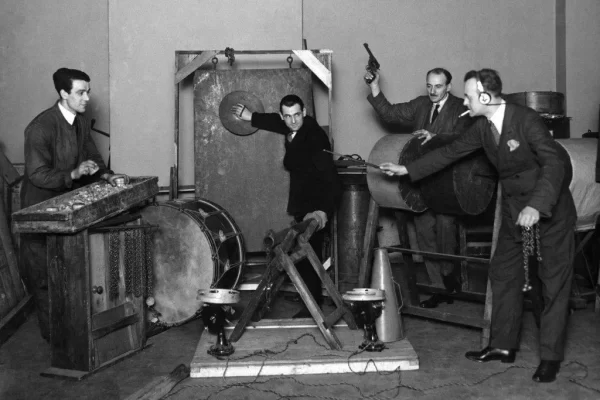Ready for an adventure or gearing up for a major haul? The key to a smooth experience lies in the right trailer hitch from a reputable dealer that supplies high-quality trailer hitches. Yet, the array of choices can be overwhelming. This guide helps simplify the process, ensuring you select a hitch that meets your needs, keeping your trailer securely hooked and your journey safe.
Table of Contents
The Importance of Choosing the Right Trailer Hitch
Hitches play a crucial role in towing, serving as the link between your vehicle and what you’re pulling along. However, they come in various shapes and sizes, each designed for different tasks and vehicle capabilities. For example, a compact car pulling a small trailer for weekend tasks requires a different hitch compared to a truck towing a hefty boat. High-quality hitches cater to this diversity, offering solutions for every towing scenario.
Moreover, using an ill-fitted or low-quality hitch can lead to disastrous consequences. An inadequate hitch may fail to handle the weight of your load, potentially causing accidents, damage to your vehicle or loss of your cargo. Investing in a reliable, properly matched hitch is not just about convenience; it’s a critical safety measure that ensures the well-being of you, your vehicle and others on the road.
Exploring Types of Trailer Hitches
Let’s delve into some common hitch types. The ball hitch dominates the scene for its ease of use and adaptability, making it a favorite for light to medium towing. For heavier loads, the fifth wheel hitch steps up, mounted on the truck bed for added stability with large trailers. Similarly, gooseneck hitches, akin to fifth-wheel types, offer increased weight capacity and flexibility, ideal for heavy-duty use. Lastly, the pintle hitch stands out for its rugged construction, favored in harsh conditions or off-road settings.
In addition to these main categories, there are also specialized hitches designed for specific purposes. Weight distribution hitches, for example, are used to evenly distribute the tongue weight of a trailer across the tow vehicle’s axles, enhancing stability and braking performance. Adjustable hitches offer flexibility in terms of height and angle, allowing you to tow different types of trailers with the same vehicle.
Matching Your Hitch to Your Trailer
Ensuring that your hitch can handle your trailer is critical. Considerations such as your vehicle’s towing ability, trailer weight and type are pivotal. Consulting your vehicle’s manual gives you a baseline for what you can tow, guiding your hitch choice to accommodate your trailer’s weight and category. Whether you’re pulling a simple flatbed or specialized equipment, the right hitch is out there.
Another essential factor to consider is the hitch class. Hitches are classified from Class I to Class V, each designed to handle different weight capacities. Class I hitches are suitable for light loads, while Class V hitches can handle the heaviest trailers. Ensuring that your hitch’s class matches or exceeds your trailer’s weight is crucial for safe towing. Overloading your hitch can lead to failure while using a hitch with a higher capacity than needed adds unnecessary weight to your vehicle.
Tips for Hitch Selection and Installation
Finding and installing the correct hitch doesn’t have to be complex. Start by seeking advice from experts familiar with the specifics of towing equipment. If you opt to install a hitch yourself, gather all necessary tools and follow safety protocols closely. Regular checks and upkeep on your hitch ensure long-term reliability. With a thoughtful approach and attention to detail, selecting and setting up your trailer hitch can be a seamless process, setting the stage for safe and successful towing.
When selecting a hitch, also consider the material it’s made from. Steel is the most common choice due to its strength and durability, but aluminum hitches are becoming increasingly popular for their lightweight properties and corrosion resistance. Ensure that the hitch you choose is compatible with your vehicle’s make and model, as not all hitches fit all vehicles. If you’re unsure about compatibility or installation, it’s always best to consult with a professional to avoid any potential issues.





